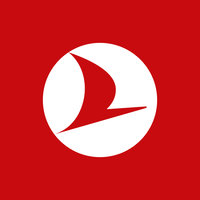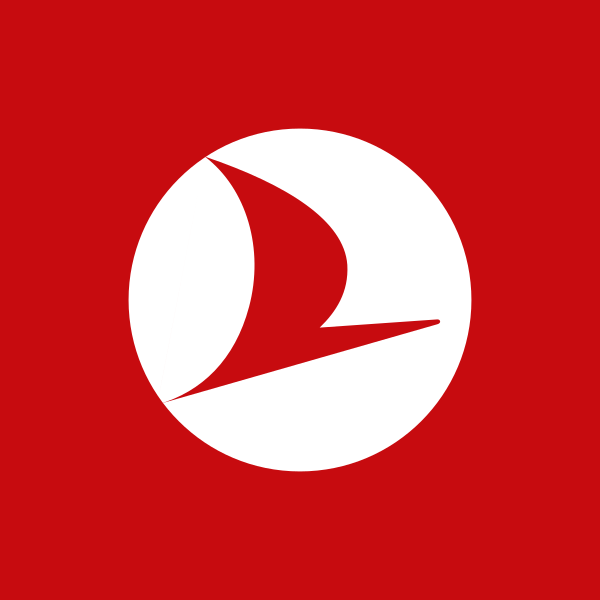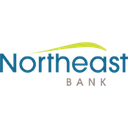
Turk Hava Yollari AO
IST:THYAO.E

Intrinsic Value
The intrinsic value of one
 THYAO.E
stock under the Base Case scenario is
hidden
TRY.
Compared to the current market price of 315 TRY,
Turk Hava Yollari AO
is
hidden
.
THYAO.E
stock under the Base Case scenario is
hidden
TRY.
Compared to the current market price of 315 TRY,
Turk Hava Yollari AO
is
hidden
.
The Intrinsic Value is calculated as the average of DCF and Relative values:
Valuation History
Turk Hava Yollari AO

Fundamental Analysis


Revenue & Expenses Breakdown
Turk Hava Yollari AO

Balance Sheet Decomposition
Turk Hava Yollari AO

| Current Assets | 9.9B |
| Cash & Short-Term Investments | 6.2B |
| Receivables | 2.6B |
| Other Current Assets | 1.1B |
| Non-Current Assets | 29.7B |
| Long-Term Investments | 1.8B |
| PP&E | 24.4B |
| Intangibles | 133m |
| Other Non-Current Assets | 3.4B |
Free Cash Flow Analysis
Turk Hava Yollari AO

| USD | |
| Free Cash Flow | USD |
Earnings Waterfall
Turk Hava Yollari AO

|
Revenue
|
22.2B
USD
|
|
Cost of Revenue
|
-17.9B
USD
|
|
Gross Profit
|
4.2B
USD
|
|
Operating Expenses
|
-2.2B
USD
|
|
Operating Income
|
2.1B
USD
|
|
Other Expenses
|
3.9B
USD
|
|
Net Income
|
5.9B
USD
|
THYAO.E Profitability Score
Profitability Due Diligence

Turk Hava Yollari AO's profitability score is hidden . The higher the profitability score, the more profitable the company is.

Score
Turk Hava Yollari AO's profitability score is hidden . The higher the profitability score, the more profitable the company is.
THYAO.E Solvency Score
Solvency Due Diligence

Turk Hava Yollari AO's solvency score is hidden . The higher the solvency score, the more solvent the company is.

Score
Turk Hava Yollari AO's solvency score is hidden . The higher the solvency score, the more solvent the company is.
Wall St
Price Targets
THYAO.E Price Targets Summary
Turk Hava Yollari AO

According to Wall Street analysts, the average 1-year price target for
 THYAO.E
is 448.12 TRY
with a low forecast of 334.31 TRY and a high forecast of 520.28 TRY.
THYAO.E
is 448.12 TRY
with a low forecast of 334.31 TRY and a high forecast of 520.28 TRY.
Dividends
Current shareholder yield for  THYAO.E is
hidden
.
THYAO.E is
hidden
.
Shareholder yield represents the total return a company provides to its shareholders, calculated as the sum of dividend yield, buyback yield, and debt paydown yield. What is shareholder yield?
The intrinsic value of one
 THYAO.E
stock under the Base Case scenario is
hidden
TRY.
THYAO.E
stock under the Base Case scenario is
hidden
TRY.
Compared to the current market price of 315 TRY,
 Turk Hava Yollari AO
is
hidden
.
Turk Hava Yollari AO
is
hidden
.




























































 You don't have any saved screeners yet
You don't have any saved screeners yet